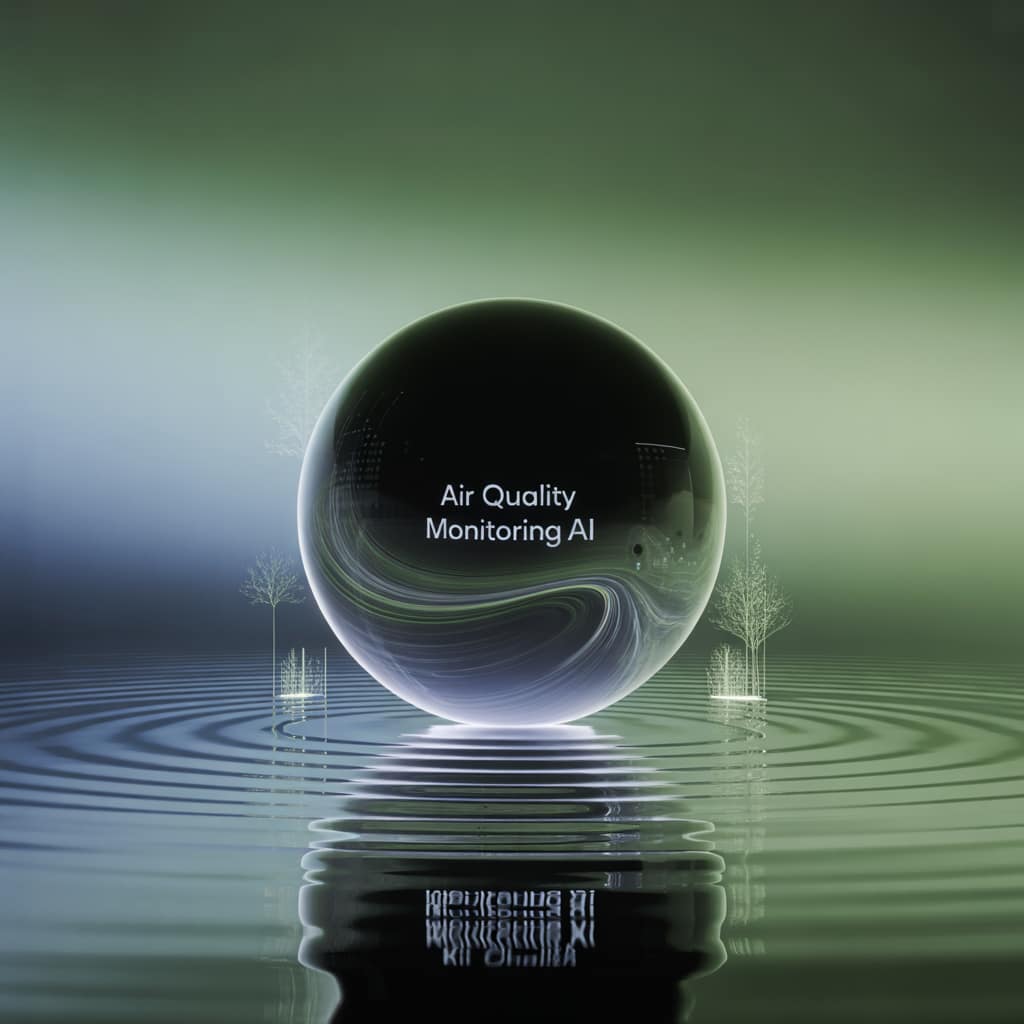AI and brain similarities
Artificial Intelligence (AI) is a rapidly evolving field that has the potential to revolutionize our lives in numerous ways, from autonomous cars to personalized medicine. As AI technologies continue to advance, questions about how they relate to the functioning of the human brain have become increasingly important. In this article, we will explore the relationship between AI and the brain, looking at both the similarities and differences between these two complex systems.
The Human Brain: A Complex System
The human brain is often considered one of the most complex systems in existence. Comprised of over 100 billion neurons and trillions of synapses, the brain is responsible for controlling everything from our basic physiological functions to our most complex thoughts and emotions.
One of the defining characteristics of the brain is its ability to learn and adapt. This is accomplished through a process known as neuroplasticity, in which the connections between neurons are strengthened or weakened based on the information they receive. This ability to rewire itself allows the brain to adapt to new situations and experiences, making it incredibly versatile and adaptable.
Another important characteristic of the brain is its ability to process information in parallel. Unlike a traditional computer, which processes information sequentially, the brain is able to process multiple streams of information simultaneously, allowing it to perform complex tasks with remarkable speed and accuracy.
AI: An Artificial System
Artificial Intelligence, on the other hand, is a man-made system designed to replicate some of the functions of the human brain. AI systems are built using algorithms and machine learning techniques that allow them to analyze and interpret large amounts of data, identify patterns, and make predictions or decisions based on that data.
While AI systems can be incredibly powerful and efficient, they are fundamentally different from the human brain in several key ways. For one thing, AI systems are not capable of true creativity or intuition in the same way that humans are. While they can generate novel solutions or ideas based on the data they are given, they do not possess the same innate ability to come up with entirely new concepts or ideas from scratch.
Another difference between AI and the brain is their respective levels of adaptability. While AI systems can be trained to perform specific tasks with remarkable accuracy, they are not as adaptable or versatile as the human brain. In other words, while a machine learning algorithm may be able to identify patterns in a dataset and make predictions based on that data, it may struggle to adapt to new or unexpected situations that fall outside of its original training data.
Similarities Between AI and the Brain
Despite these differences, there are also many similarities between AI and the human brain. For one thing, both systems are incredibly complex and capable of performing a wide range of tasks. Additionally, both the brain and AI systems rely on a similar process of pattern recognition and analysis to make decisions and perform tasks.
Another similarity between AI and the brain is the importance of feedback in the learning process. Just as the brain learns and adapts based on the feedback it receives from the environment, AI systems rely on feedback mechanisms to improve their accuracy and performance over time.
Finally, both the brain and AI systems rely on the use of neural networks to process information. While the neural networks used in AI systems are not identical to those found in the brain, they do share many similarities in terms of their structure and function.
Conclusion
In conclusion, while there are many differences between AI and the human brain, there are also many similarities. Both systems are incredibly complex and capable of performing a wide range of tasks, and both rely on the use of neural networks and pattern recognition to process information. However, while AI systems are incredibly powerful and efficient, they are not yet capable of replicating the true creativity, intuition, and adaptability of the human brain. As AI technologies continue to evolve, it will be interesting to see how these similarities and differences continue to play out and what new insights they may bring to our understanding of the brain and intelligence more broadly.
One area where this relationship is particularly interesting is in the field of cognitive neuroscience. Researchers in this field are using insights from AI and machine learning to better understand how the brain processes information and makes decisions. For example, by analyzing the inner workings of AI systems, researchers can gain new insights into the underlying algorithms and processes that the brain may be using to perform similar tasks.
Similarly, insights from cognitive neuroscience can also be applied to improve the performance of AI systems. By studying how the brain processes information and makes decisions, researchers can develop new algorithms and architectures that are more closely aligned with the way that humans think and learn.
Overall, while there is still much to learn about the relationship between AI and the brain, the ongoing advances in these fields are opening up new possibilities for understanding and improving both. As AI technologies continue to evolve and expand, it will be fascinating to see what new insights they bring to our understanding of the brain and the nature of intelligence itself.
Table summarizing the similarities, differences, and congruences between AI and the brain.
| AI | Brain | |
| Similarities | Complex and capable of performing a wide range of tasks | Complex and capable of performing a wide range of tasks |
| Rely on neural networks and pattern recognition to process information | Rely on neural networks and pattern recognition to process information | |
| Importance of feedback in the learning process | Importance of feedback in the learning process | |
| Differences | Not capable of true creativity or intuition | Capable of true creativity and intuition |
| Not as adaptable or versatile as the human brain | Highly adaptable and versatile | |
| Processes information sequentially | Processes information in parallel | |
| Cannot replicate the complexity of emotions and consciousness | Capable of emotions and consciousness | |
| Congruences | AI insights are used to better understand the brain | Brain insights are used to improve AI performance |
I hope this table helps summarize the key similarities, differences, and congruences between AI and the brain.

Thank you for questions, shares and comments!
Share your thoughts or questions in the comments below!
Text with help of openAI’s ChatGPT Laguage Models & Fleeky – Images with help of Picsart & MIB






